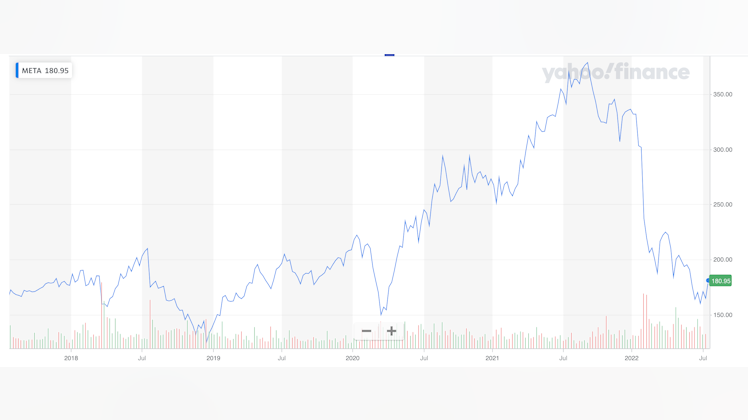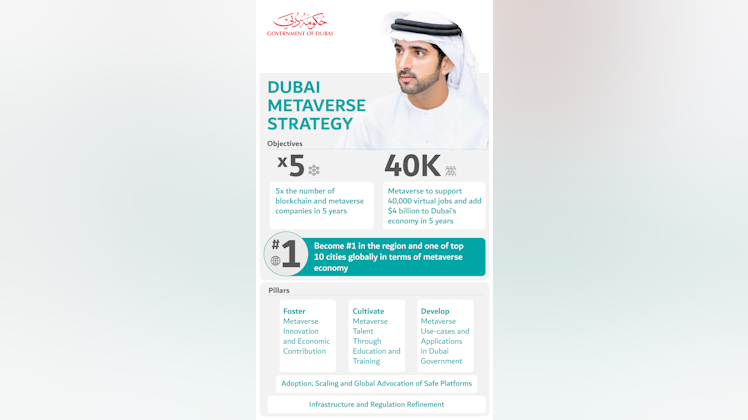The $META empire isn't striking back
All empires have their reign—as well as their inevitable demise. Unfortunately for Facebook (or Meta), things aren't looking too good. Every day I see more and more people on my TikTok fyp complaining about their unnecessary changes to Instagram, as well as complaining about how inauthentic the entire platform feels, especially in comparison to TikTok.
“Authenticity is a collection of choices that we have to make every day. It's about the choice to show up and be real. The choice to be honest. The choice to let our true selves be seen.” —Brene Brown
While Meta has clearly contributed a lot of value in the world—and still continues to do so—one throughline for the company has been the fact that they've always tried to either buy out or copy the competition, but has often lacked the creativity to make its competition irrelevant. $SNAP became enemy #1 when they decided to turn down Meta's offer for purchase, but clearly, they were correct to do so. With TikTok now being the second most downloaded app in the app store, Meta is forced yet again to grapple with its inauthenticity and struggle to stay relevant. As someone once said, "Good Artists Copy; Great Artists Steal", and time has proven that Zuckerburg and FB are not great artists in technology, but instead good ones. And I'm sure people like the Winklevoss twins would argue Mark is really just a good stealer (lol).
Whether Zuckerberg can turn his vision of the metaverse into profits is a wide-open question. It will be a challenge he has never faced before, because it comes in an atmosphere of growing skepticism about his company among the public and among investors.
"Zuckerberg has never received a signal from the marketplace that he should ever be more modest or change how he has always done things," Vaidhyanathan wrote last November, after the Meta rebranding. That signal is sounding now, loud and clear. (source)
More than anything, I believe Meta is paving the way for entirely new companies, with entirely new business models to dominate the metaverse, leaving Meta to be a relic in the past, but also as a stepping stone to the new future that we're all co-creating.
As you can see in the graph, $META hasn't been doing well since the start of this year. This corresponds with the rapidly changing public sentiment that FB/IG is out, and TikTok is in. I think it's extremely important to study behavior when it comes to social media companies, as it will always clue you in on what's to come if it's not being reflected in the stock price. I suggest the book Thinking, Fast and Slow by Daniel Kahneman if you have not read it already!

From a business performance perspective, long term proven growth, I don’t see anyone outperforming them when I compare business performance and growth. Therefore, the slow down doesn’t bother me; they can’t maintain that level of growth forever. The one thing that does scare me,even at this ridiculous valuation, is that scary ass management being crooked af.


